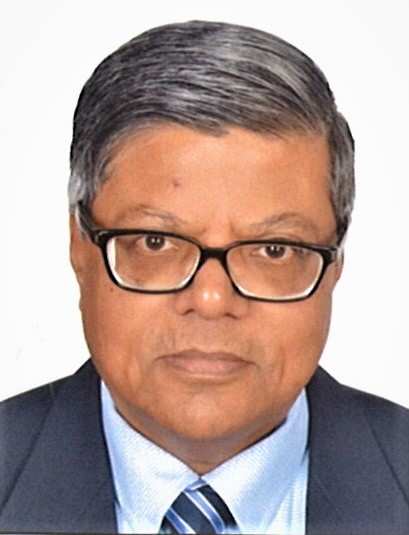Learning from Global Political Theater: A Comparative Analysis of U.S. and Indian Campaigning Styles
In recent political discourse, the comparison between the political theatrics in the United States and India has drawn significant attention. An event that epitomizes this contrast is the recent debate between the sitting President of the United States (POTUS) and the former President (ex-POTUS). The debate has been criticized for its theatrics, demonstrating a clear shift in priorities among certain factions of the political landscape—from governance records to on-stage performance. This event offers an opportunity to reflect on the diverse political practices in the world’s oldest and largest democracies, each with unique lessons to offer.
Context and Background
Political debates have long been a staple in American democracy, intended to offer voters a comparative view of candidates’ policies, intellect, and temperament. However, recent debates have been criticized for focusing more on spectacle than substance. This trend signifies an era where performance often eclipses policy in the public eye, a shift partly attributed to the pervasive influence of social media and round-the-clock news cycles.
In stark contrast, Indian political leaders historically eschew such direct confrontations. Rather than engaging in potentially combustible live debates, Indian politicians largely prefer monologues or carefully curated public addresses. This strategy has its advantages. Without a direct comparison in an uncontrolled environment, leaders can avoid potential pitfalls that might arise from live, unscripted exchanges.
Learning from Tradition and Modernity
Public perception plays a vital role in both democracies, albeit in different ways. American voters are often swayed by the charisma and oratory skills displayed in debates. However, this can sometimes detract from evaluating a candidate’s governing capabilities. Conversely, Indian voters have traditionally been more forgiving of the occasional rhetorical stumble, instead valuing physical appearances and the symbolic gestures of their leaders.
Indian politicians have been spared the relentless scrutiny of social media to an extent, allowing a degree of public tolerance towards their speeches and appearances. This tolerance is evident in the way Indian audiences receive and appreciate their leaders, regardless of whether their speeches are polished or impromptu.
The Role of Technology in Campaigning
Teleprompters and prepared speeches have become commonplace in political campaigns globally. While they ensure consistency and accuracy, they can also make leaders appear rigid and detached. For instance, several dynamic Indian leaders have been seen to lose their natural exuberance when confined to reading from a script, a phenomenon shared by their American counterparts.
While formal events may demand the discipline of a teleprompter, the impromptu charm of political leaders often wins hearts and minds more effectively. This is where Indian politicians might have an edge, relying on their ability to connect with the masses through spontaneous, heartfelt speeches.
Moving Forward: A Collaborative Initiative
Given these observations, it is perhaps time to consider a collaborative initiative like the ‘US-India Initiative on Campaigning and Ageless Politics (iCAP)’. Such a platform could facilitate an exchange of best practices in political campaigning, enhancing democratic engagements in both nations. By learning from each other’s approaches, both democracies could bolster the quality and integrity of their political discourse.
In conclusion, while the oldest democracy struggles with the theatrics of debates, the largest democracy maintains a more controlled approach to public discourse. Both systems have their merits and challenges, and by studying each other’s methods, there is potential for growth and improvement in political communication worldwide.
